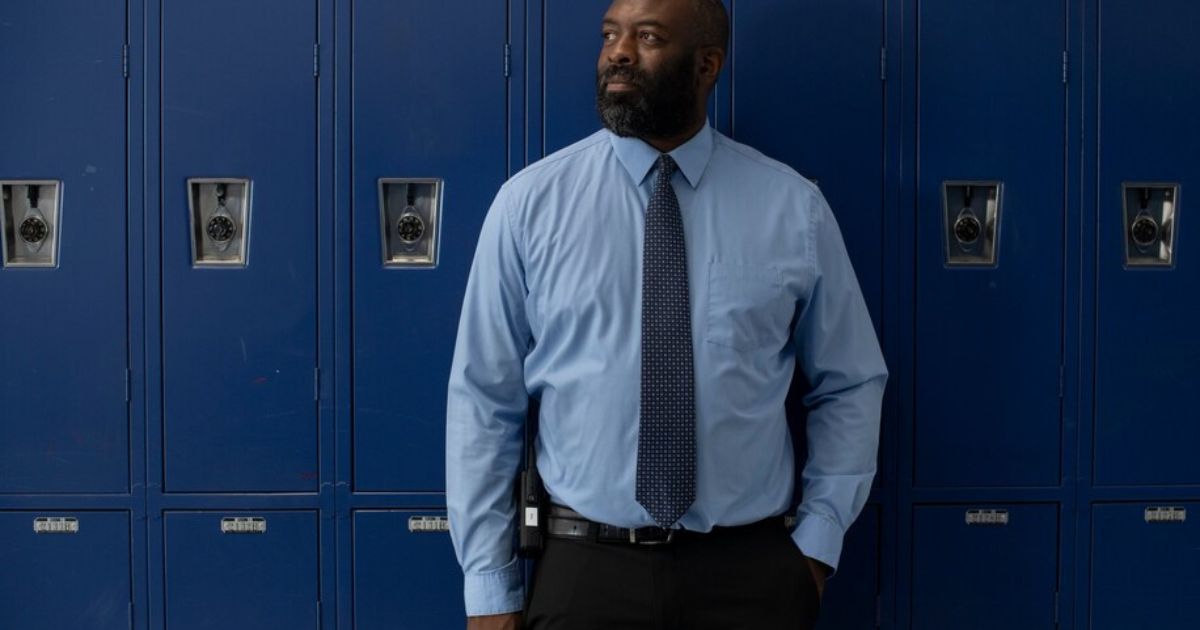The student mental health crisis is unfolding across the nation’s schools, exacerbated by a shortage of mental health staff such as counselors, psychologists, social workers, and therapists.
This shortage has only worsened since the onset of the pandemic. The situation is further compounded by attrition from the mental health field, creating a dire situation where demand is skyrocketing while supply dwindles.
A More Expansive Approach Is Required To Tackle The Shortage Of Mental Health Staff
Several years ago, Christopher Page Jr. found himself facing a distressing challenge at his Colorado high school. A series of student deaths, including three by suicide, had left the school community shaken.
Despite the urgent need for mental health support, Page, a dedicated principal, struggled to fill a vacant school psychologist position for an entire year. The lack of applicants was alarming, highlighting a much larger issue at hand.
Sharon Hoover, a professor of child and adolescent psychiatry and co-director of the National Center for School Mental Health at the University of Maryland’s School of Medicine, expressed concern about this alarming trend. “Not only do we have shortages, but we have attrition from the mental health field,” she said, underscoring the urgency of the issue.
The need for creative solutions has never been more pressing, prompting educators and institutions to explore innovative ways to bridge the gap in mental health services within schools.
Universities are expanding counseling programs in an effort to produce more graduates equipped to meet the demand. Schools are taking on interns and trainees to provide additional support.
Some states, including California, are even offering scholarships to entice students to pursue careers in mental health professions. Concurrently, researchers are reimagining the role of mental health care providers, aiming to develop more accessible and efficient models of care.
The scale of the challenge is significant. Professional groups suggest that an additional 77,000 school counselors, 63,000 school psychologists, and numerous school social workers are required to meet the recommended levels of support.
These roles typically necessitate a master’s degree, resulting in several years of higher education. Unfortunately, this pipeline cannot produce qualified professionals quickly enough to address the immediate crisis.
John R. Weisz, a professor at Harvard University specializing in youth mental health, shared a sobering observation from his own experiences. He recounted visiting a school with 600 students, where the principal was the sole individual responsible for helping students in distress.
The situation is no less concerning beyond the school walls, as community clinics in various regions, including Boston, report therapy waitlists of up to 10 months, with some queues closed due to waiting times exceeding a year.
However, the challenges faced by schools are unevenly distributed. While some affluent school districts may have an adequate number of mental health professionals, many districts lack even a single counselor. This disparity further emphasizes the need for comprehensive reform.
In response, new strategies are being developed. At the University of Oregon, an esteemed psychologist is leading a pioneering bachelor’s degree program designed to create a new profession – child behavioral health specialists.
In California, a multibillion-dollar initiative includes plans to hire wellness coaches and peer support specialists. Chicago’s school district has initiated mental health training for hundreds of school nurses and has implemented school-based behavioral health teams.
Sharon Hoover advocates for a more expansive approach to building the school mental health workforce. Instead of solely relying on clinicians with advanced degrees, the system should incorporate a broader range of skills and training from various individuals.
This approach, often referred to as “task-shifting,” acknowledges the urgency of the situation and the need for innovative solutions.
Yet, some concerns linger. Critics worry that individuals with lesser expertise might not possess the necessary training and supervision to handle sensitive mental health issues. There are apprehensions that their well-intentioned guidance might miss the mark.
Blaire Cholewa, an associate professor at the University of Virginia, voiced concerns about the preparedness of bachelor’s-level individuals to navigate complex mental health challenges faced by students.
Additionally, there’s a fear that schools might eventually prefer hiring less trained staff to cut costs. Despite these concerns, the gravity of the crisis necessitates immediate action and creative solutions.
As the student mental health crisis continues to escalate, addressing the shortage of mental health professionals in schools remains a paramount challenge that requires innovative and sustainable approaches.

























